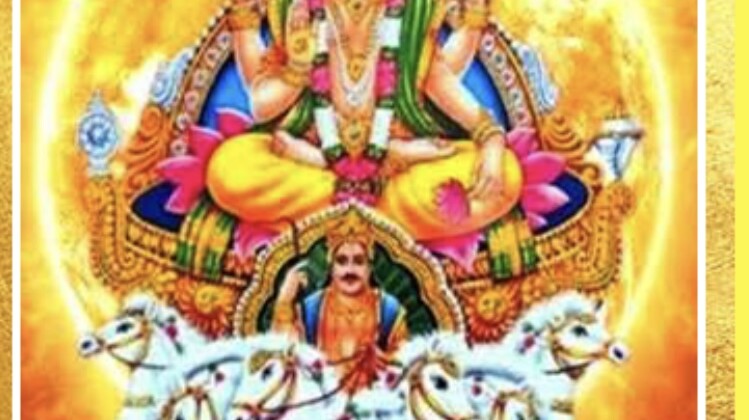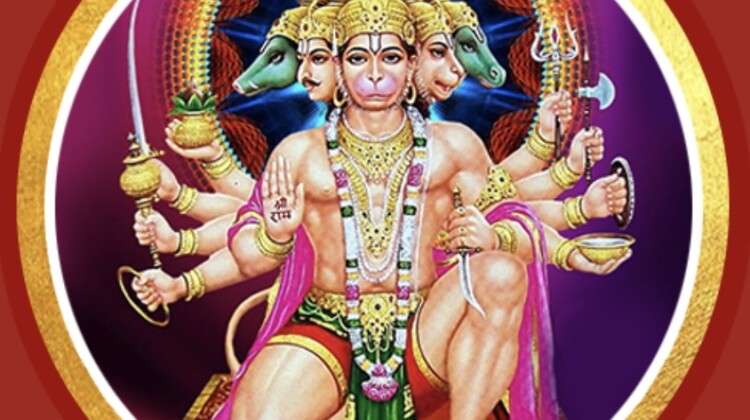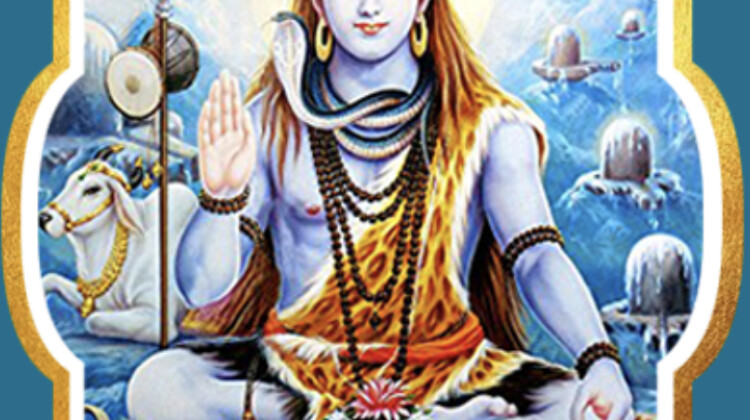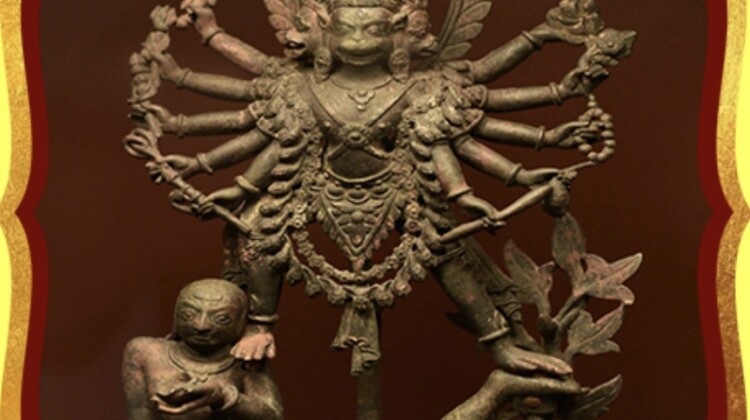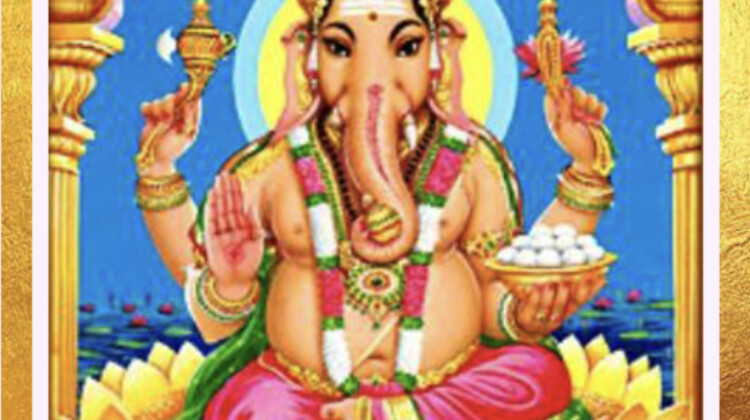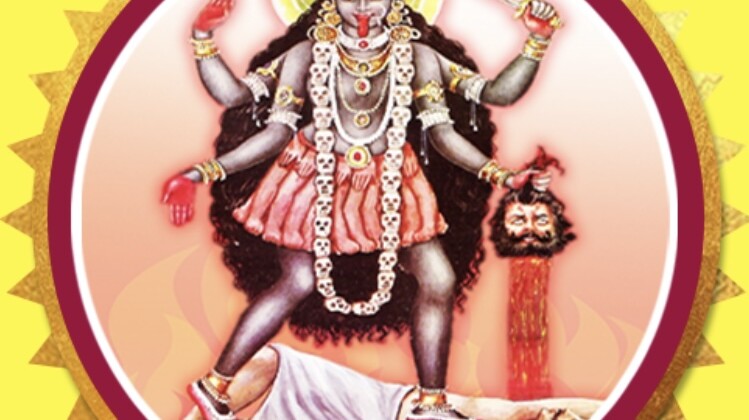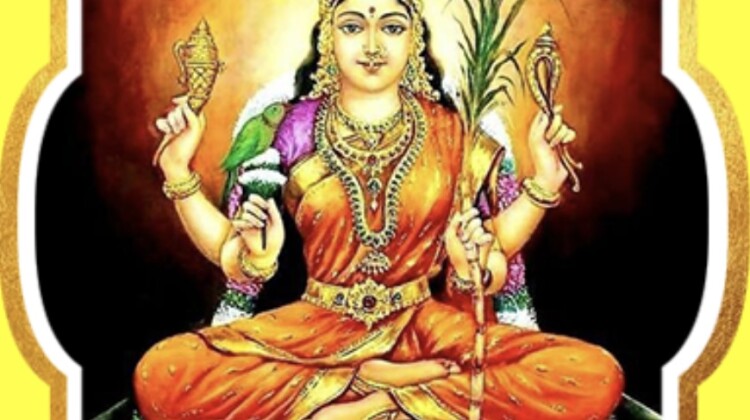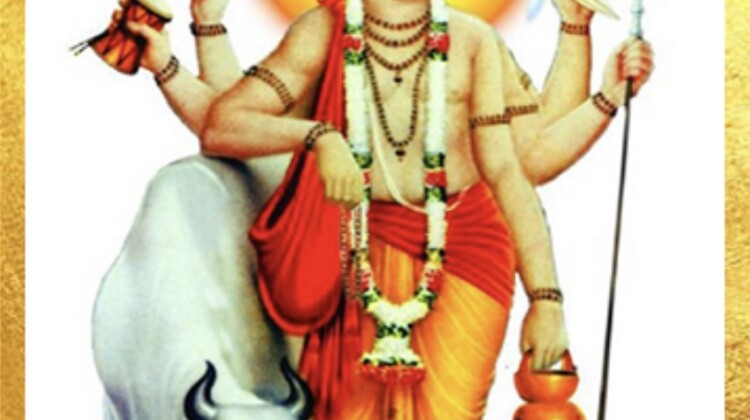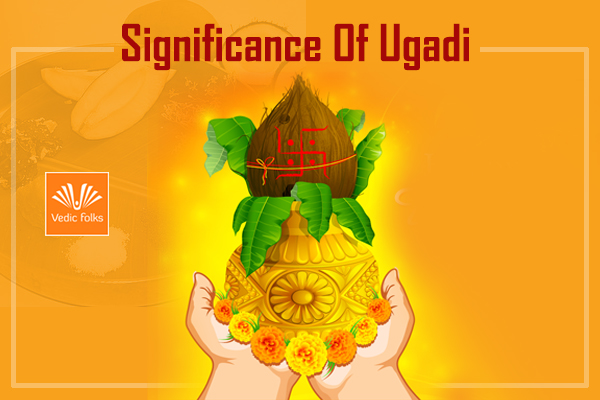Ugadi
- Ugadi is one of the most pious festivals celebrated most prominently in the southern states of India. It is also profoundly known as Yugadi and takes place with sheer grandeur in Andhra Pradesh, Telangana, and Karnataka. Ugadi generally falls on the initial days of the new year, and it is also known as Telugu New Year.
- The religious new year is also inferred as Chandramana Ugadi. It generally falls in April or March month. The popular stories say that the Ugadi event is commemorated since the Mahabharata times.
Significance of Ugadi
- Ugadi is not just a wonderful occasion in fact it is a vital festival too. The popular belief says that it is the day when the creator of the Universe, Lord Brahma, designed the whole universe.
- The legend says that on Ugadi, Lord Brahma formulated the days, months, and years and glorified the world. Ugadi word is an amalgamation of two words in which Yug refers to age, and adi stands for a new start. Thus, it is the first day of the new year.
- Now let’s have a look at a very prominent story linked with the celebrations of Ugadi.
- A sinister creature called Somakasura once robbed Lord Brahma, the creator of the cosmos, and fetched precious Vedas from him. Lord Vishnu took a prevalent avatar to help Lord Brahma in finding his lost Vedas. He appeared in the aspect of Macha Avatharam and killed the mighty monster Somakasura.
- He found the hidden Vedas of the Brahma and returned to him. After getting the Vedas, supreme Brahma started creating the entire universe, and it is how the world was formulated, and the first day started being celebrated as Ugadi.
Rituals of Ugadi
- There are a good number of pious rituals which take place on this beautiful occasion. The foremost ritual followed on this day is to wake up early and take a sacred dip. One of the most significant ceremonies linked with this festival is taking a bath in oil and water. Oil is used in baths because it is believed that Goddess Laksmi sits on oil on Ugadi and Goddess Ganga on the surface of the water. Thus taking a holy dip in the oil and water will help fetch the blessings of both goddesses. People adorn beautiful clothes and celebrate the occasion with great zeal. Houses are cleaned and decorated to harmonize the glory of the Ugadi. Beautiful rangolis are laid down on the floors to give homes an ethereal outlook of the festivity. Coloured rice is also used to embellish the house.
- People prepare a special Ugadi chutney and offer it to the almighty. Prayers, pujas, and homams are common on Ugadi. People devote sincere thanks to the godhead for bringing a new year in their lives.
- One more pivotal ceremony linked with this festival is listening to Ugadi Panchangam. It is listened to with the strong motive of ascertaining the horoscope.
- On Ugadi, a special thali is prepared, which contains food items of varied tastes. The neem buds and flowers in it determine sadness, the tasty mixture of banana and jaggery denotes happiness, anger is exemplified by the green chilli and pepper recipe. Surprise is illustrated by unripe mangoes, fear by salt, and disgust by the tamarind juice.
Boons of Ugadi
Ugadi brings in a lot of positivity, worth, and happiness in the lives of people. It is a new year that brings a plethora of fresh hopes and calmness to people’s lives. Those who remain sad and pessimistic have a bright chance to begin things from a new end and attain happiness during Ugadi.
Also Visit: https://www.vedicfolks.com/life-time-management/karma-remedies/homams/nava-durga-homam.html
https://www.vedicfolks.com/









